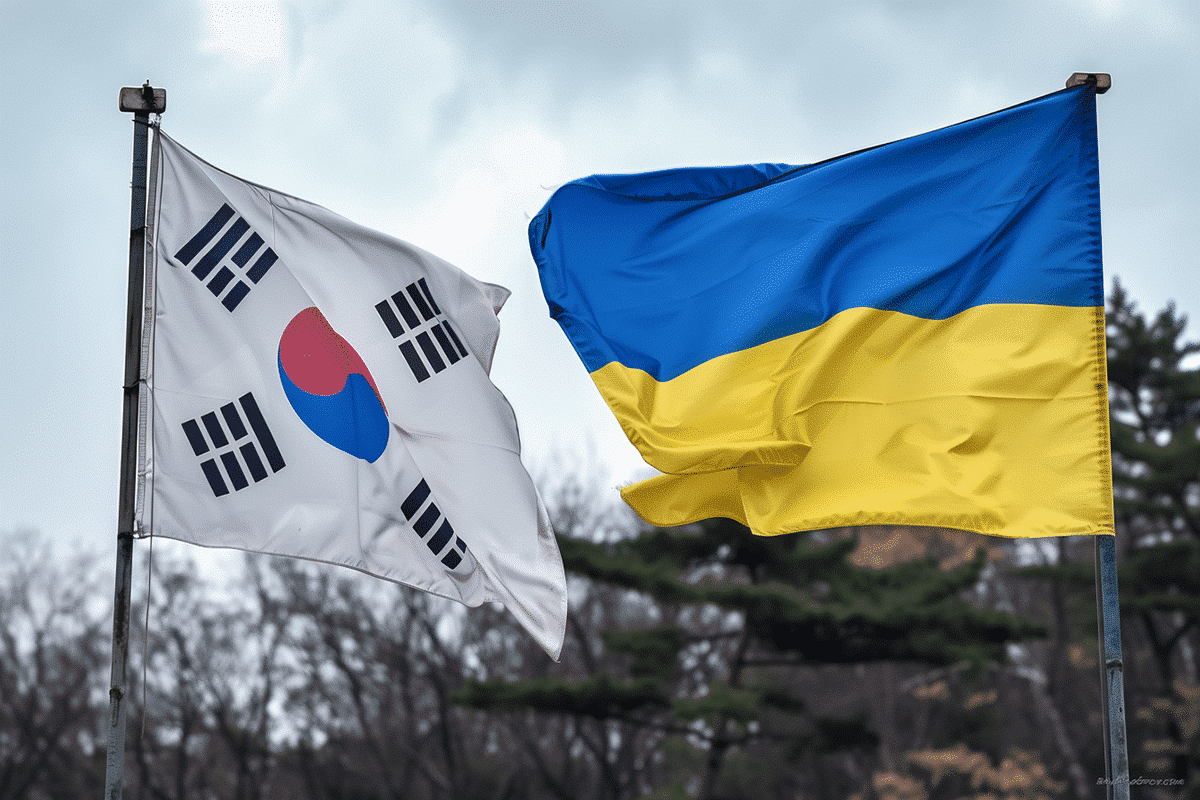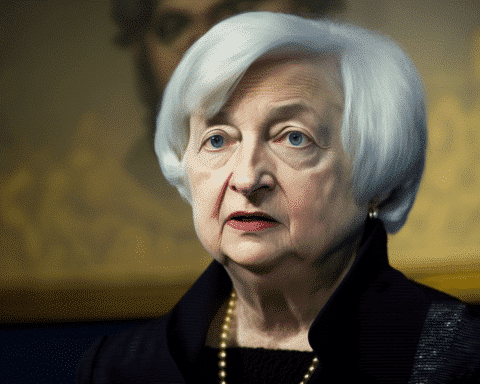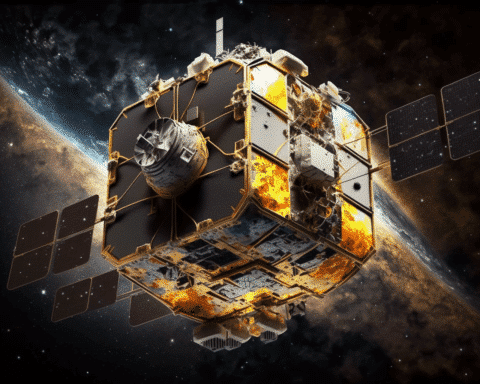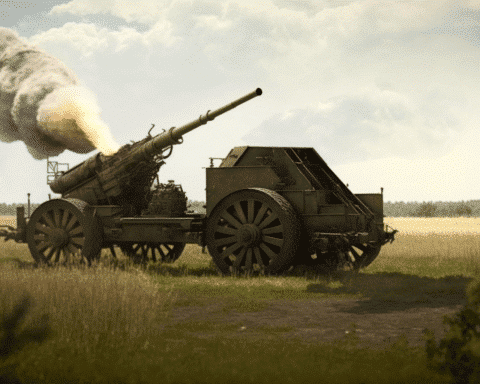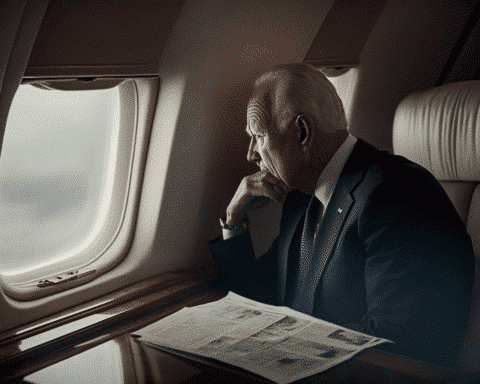In a significant policy shift, South Korea is contemplating the possibility of supplying arms to Ukraine following a newly formed strategic pact between Russia and North Korea. The development has sparked international concern and raised questions about regional security dynamics.
The pact, announced after a summit between North Korean leader Kim Jong Un and Russian President Vladimir Putin in Pyongyang, commits both nations to mutual military support in the event of an invasion. According to details released by North Korea’s state media, the agreement mandates “all means at its disposal” to provide military assistance if either country faces aggression, subject to international law and UN Charter Article 51.
South Korea swiftly condemned the pact, describing it as a threat to its security and a violation of UN Security Council resolutions. President Yoon Suk Yeol’s office criticized the agreement as paradoxical, given the historical conflicts involving both North Korea’s aggression in the Korean War and Russia’s actions in Ukraine.
Foreign Minister Cho Tae-yul expressed dismay at Russia’s alignment with North Korea, highlighting Moscow’s prior support for UN sanctions against Pyongyang. The developments come at a time when Russia faces global isolation due to its ongoing military intervention in Ukraine, supported by a coalition of Western nations.
Despite traditionally refraining from directly supplying weapons to conflict zones, South Korea, bolstered by a robust military and US backing, is reconsidering its stance. The country has thus far supported Ukraine with humanitarian aid and sanctions against Russia but has refrained from direct military involvement.
President Yoon’s national security adviser, Chang Ho-jin, indicated a potential shift, emphasizing the need to reassess South Korea’s strategic position amidst evolving geopolitical dynamics. The possibility of arms supply to Ukraine has elicited strong reactions, with Putin cautioning against such actions, warning of potential consequences for bilateral relations.
Meanwhile, experts debate the implications of the Russia-North Korea pact, questioning its enforceability and strategic intent. Analysts suggest the agreement signifies a deepening of ties between Pyongyang and Moscow, potentially altering regional power dynamics and global security alignments.
Ankit Panda, senior analyst at the Carnegie Endowment for International Peace, noted that while the pact appears to strengthen bilateral cooperation, its practical implications remain subject to interpretation. The agreement, which replaces a previous Cold War-era treaty, underscores the evolving geopolitical landscape in Northeast Asia.
The summit between Kim and Putin marked Putin’s first visit to North Korea in 24 years, showcasing the personal and strategic rapport between the leaders. The agreement, described by Kim as their “strongest-ever treaty,” symbolizes a significant upgrade in bilateral relations, encompassing security, economic cooperation, and cultural exchanges.
Amidst escalating tensions on the Korean Peninsula, characterized by North Korea’s missile tests and joint military exercises involving the US and South Korea, the pact has added a new layer of complexity. The region has also witnessed unconventional tactics, including psychological warfare and propaganda exchanges between North and South Korea.
As South Korea navigates these developments, analysts and policymakers closely monitor Russia’s evolving stance towards Seoul. Jenny Town of the Stimson Center highlighted the potential impact on South Korea-Russia relations, questioning whether diplomatic ties could be affected by Moscow’s alignment with Pyongyang.
The situation remains fluid as global powers assess the implications of the Russia-North Korea pact on regional stability and international relations. As South Korea deliberates its next steps, the geopolitical landscape in Northeast Asia continues to evolve, influenced by strategic alliances and military developments.
South Korea’s potential consideration of arms supply to Ukraine marks a pivotal moment amidst shifting regional dynamics, shaped by the implications of the Russia-North Korea pact and ongoing global conflicts.
